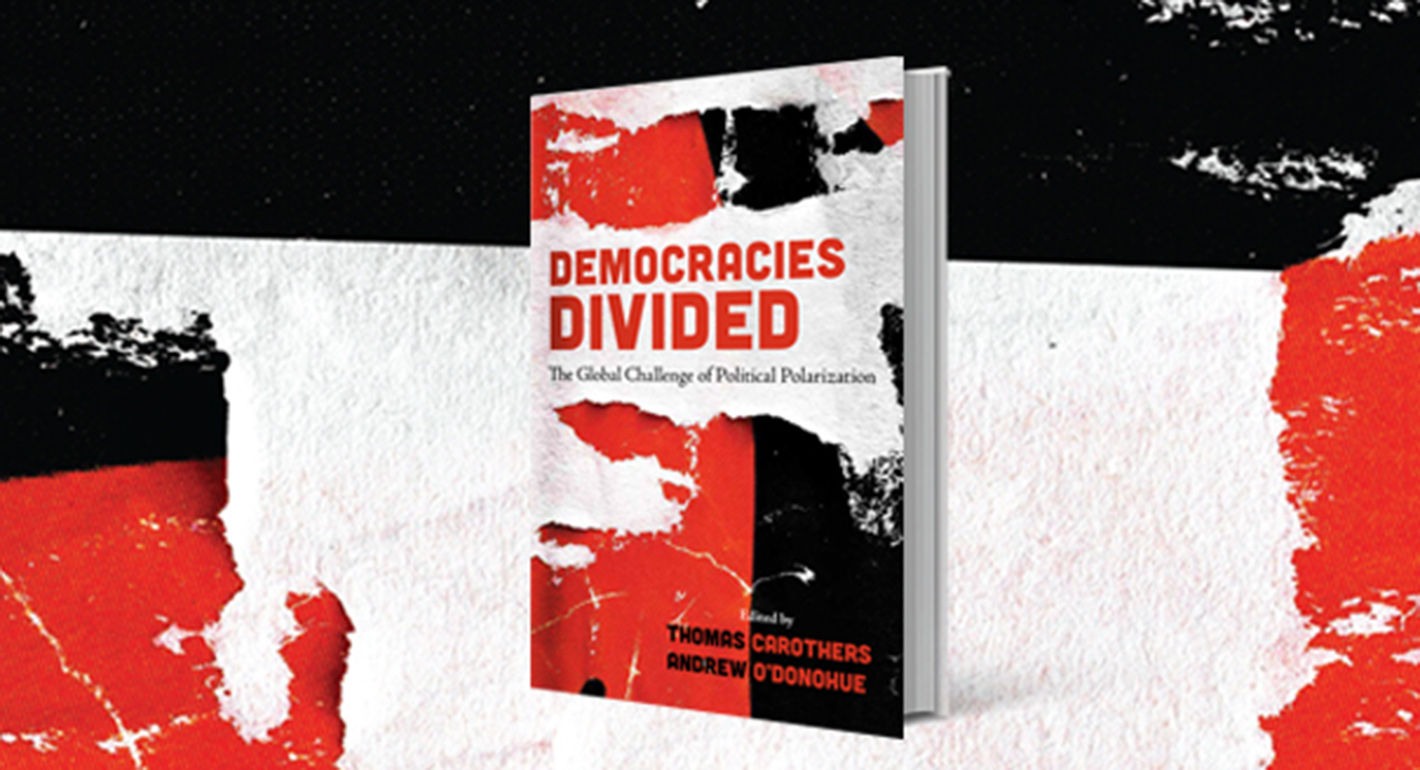Registration
You will receive an email confirming your registration.
Political polarization is tearing at the seams of democracies around the world—from Poland, the United Kingdom, and the United States to India, Kenya, and Turkey. It damages institutions essential to democracy, degrades societal cohesion, and often leads to rising hate crimes and other political violence.
Why is polarization on the rise in so many different places at once? Is it similar everywhere or are there different patterns and drivers? How can severely divided democracies heal?
Drawing on his new book, Democracies Divided: The Global Challenge of Political Polarization, co-edited with Andrew O’Donohue, Carnegie's Thomas Carothers analyzed the global spread of political polarization and explore lessons for Europe in conversation with Steven Erlanger, chief diplomatic correspondent in Europe for the New York Times.
Speakers
Thomas Carothers
Thomas Carothers is senior vice president for studies at the Carnegie Endowment for International Peace.
Steven Erlanger
Steven Erlanger is the chief diplomatic correspondent in Europe for the New York Times. Follow him on Twitter @StevenErlanger.
